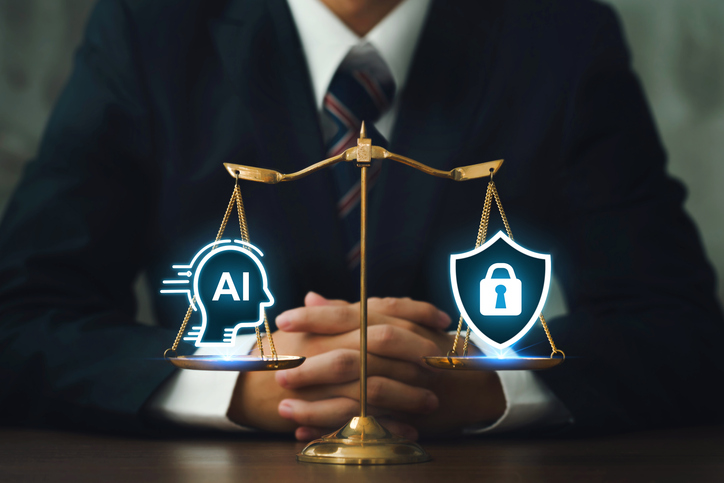The criminal courtroom of 2025 looks very different from the one of even a decade ago. Gone are the days when physical evidence and eyewitness testimony dominated the narrative. Today, digital evidence—phone data, social media logs, GPS tracking, and even smart home recordings—has become central to criminal prosecutions across the United States. In Texas, and especially in Bexar County, this technological shift has raised profound questions about privacy, probable cause, and the future of criminal defense.
The Explosion of Digital Evidence in Modern Policing
Smartphones and connected devices are now the most common witnesses in criminal cases. According to the Bureau of Justice Statistics, more than 80% of law enforcement investigations now involve some form of digital evidence. In Bexar County, prosecutors routinely rely on geolocation data, encrypted messaging, and video surveillance to support charges ranging from theft to homicide.
However, digital evidence is inherently different from traditional forensic material. It is vast, easily manipulated, and often collected without a clear understanding of its privacy implications. The Texas Code of Criminal Procedure requires law enforcement to obtain a warrant for most electronic data, but “third-party access” loopholes—such as data held by social media companies—continue to create gray areas in Fourth Amendment law.
AI and Predictive Policing: Efficiency at a Constitutional Cost
Artificial intelligence has rapidly entered the law enforcement arena, from facial recognition software to predictive analytics tools that attempt to forecast criminal activity. The Electronic Frontier Foundation and numerous legal scholars have warned that these systems can encode bias, producing skewed results that disproportionately target marginalized communities.
In Bexar County, police have experimented with AI-based systems for crime mapping and suspect identification. While these technologies promise efficiency, defense attorneys are increasingly challenging them under Daubert standards, questioning their scientific reliability and the transparency of their algorithms. When AI informs probable cause determinations, it raises a fundamental question: can a defendant cross-examine an algorithm?
Courts across the country are divided on this issue. Some have accepted AI-generated leads as part of legitimate probable cause if corroborated by human investigation. Others have rejected them as violations of due process, since proprietary algorithms often conceal their logic behind trade-secret protections. For defense counsel, understanding how to contest or contextualize this kind of evidence has become a crucial component of modern advocacy.
The Expanding Reach of Warrants and the “Digital Dragnet”
Search warrants used to mean rummaging through a suspect’s home. Now, they often involve entire digital ecosystems—phones, email servers, fitness trackers, and cloud storage. Law enforcement can extract months or even years of personal data, sometimes extending far beyond the scope of an original warrant.
In 2022, the Texas Court of Criminal Appeals reaffirmed in State v. Granville that cell phones deserve the same Fourth Amendment protection as homes, emphasizing that digital searches must be narrowly tailored to the alleged offense. Despite this, “geofence warrants”—requests that compel Google or Apple to turn over data from every device near a crime scene—are increasingly used in Bexar County investigations. Civil liberties advocates argue this practice violates the Fourth Amendment by sweeping up data from hundreds of innocent individuals.
As noted by the Brennan Center for Justice, these dragnets risk creating “mass surveillance by subpoena,” eroding the constitutional balance between public safety and individual privacy.
Defense Challenges in the Era of Digital Evidence
For defense attorneys, digital evidence presents both an opportunity and a hazard. On one hand, data can exonerate—a timestamped text message, a GPS record, or video footage might dismantle the prosecution’s narrative. On the other hand, the sheer volume of digital data makes it easier for prosecutors to cherry-pick information or misinterpret metadata.
Expert testimony has become indispensable. Criminal defense teams now regularly employ digital forensic specialists to authenticate data, detect tampering, and challenge how evidence was obtained or stored. Chain of custody is critical; even a single undocumented transfer of a phone or drive can render evidence inadmissible.
Why This Matters for Defendants in Bexar County
Bexar County’s courts are on the front lines of this legal transformation. With San Antonio’s mix of urban and suburban populations, dense surveillance networks, and a proactive District Attorney’s office, the county serves as a microcosm of how technology and justice now collide daily.
As prosecutors lean more heavily on digital evidence—and as AI continues to shape law enforcement decision-making—defendants need representation that can bridge constitutional law and technological literacy. Traditional courtroom skill is no longer enough; effective defense today requires understanding how algorithms, metadata, and cloud infrastructure can influence a criminal case.
If you or a loved one are facing charges that involve digital or electronic evidence, consulting an experienced Bexar County criminal defense attorney can make the difference between conviction and acquittal. In a legal landscape where every byte can be scrutinized, expertise in both law and technology is no longer optional—it’s essential.

